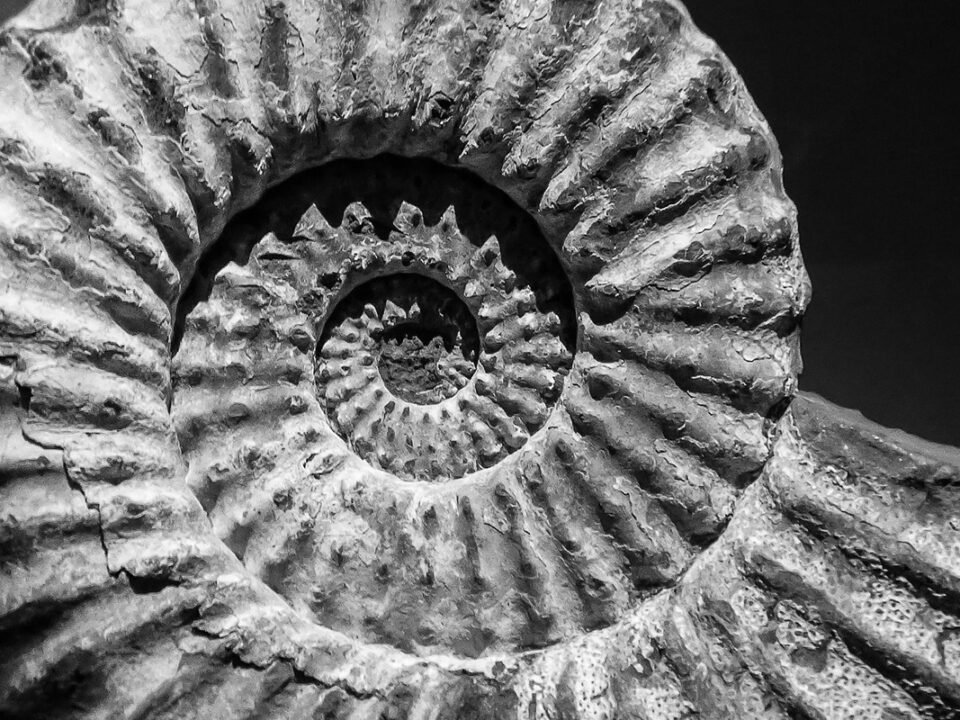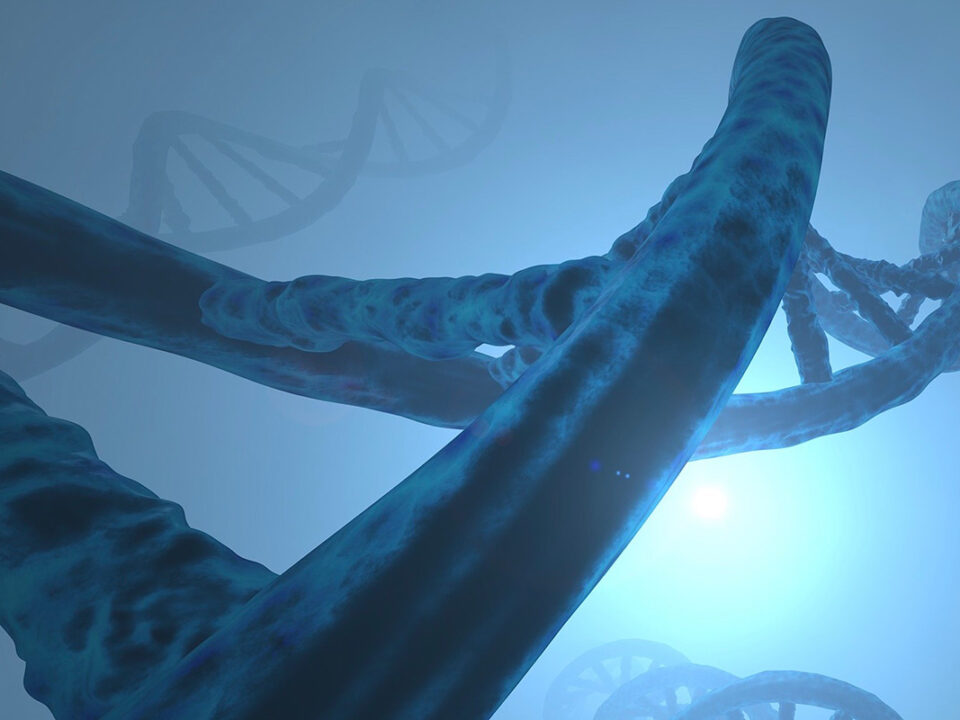As I have argued here earlier, in sketching the science of purpose, the complexity of life is only comprehensible by the human mind in retrospect. Through reverse engineering, modern science has done an elegant job in revealing the mechanisms of life. But that is certainly far less an accomplishment than designing the whole enterprise from scratch. In philosophical terms, we can understand the mechanics of life only a posteriori. But we do not have the ability to grasp the intentionality of the mind of the creator, which would be required in order to understand life a priori.
For these reasons, life is ultimately irreducibly complex, and the best we can do to understand life is through observation of the finished product. The unpredictably complex properties of life arise through what we call “emergence.”
These observations describe the ultimate limits of our understanding, not just for now, but in principle. To see why that is, it is helpful to understand the analytic process of the scientific method, where the limitations lie.
The Science of Knowing
Every framework of knowledge has a methodological approach. In ancient Greece, all science was called physics. But before science could be conducted, there must be the science of knowing. This they called metaphysics. But it is important to keep in mind that metaphysics is required for all kinds of “knowing,” not just analytical science. That is why the term is used in all branches of knowledge, especially theological and philosophical knowledge.




